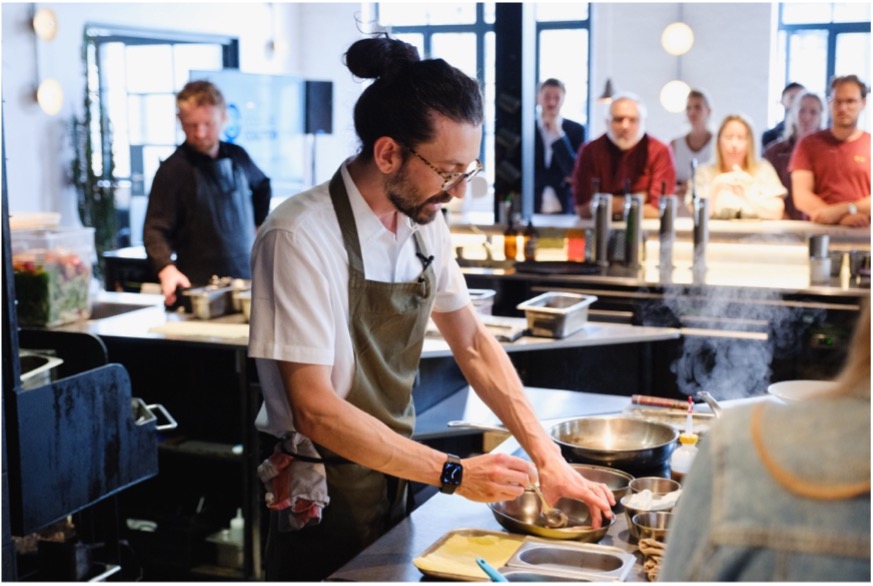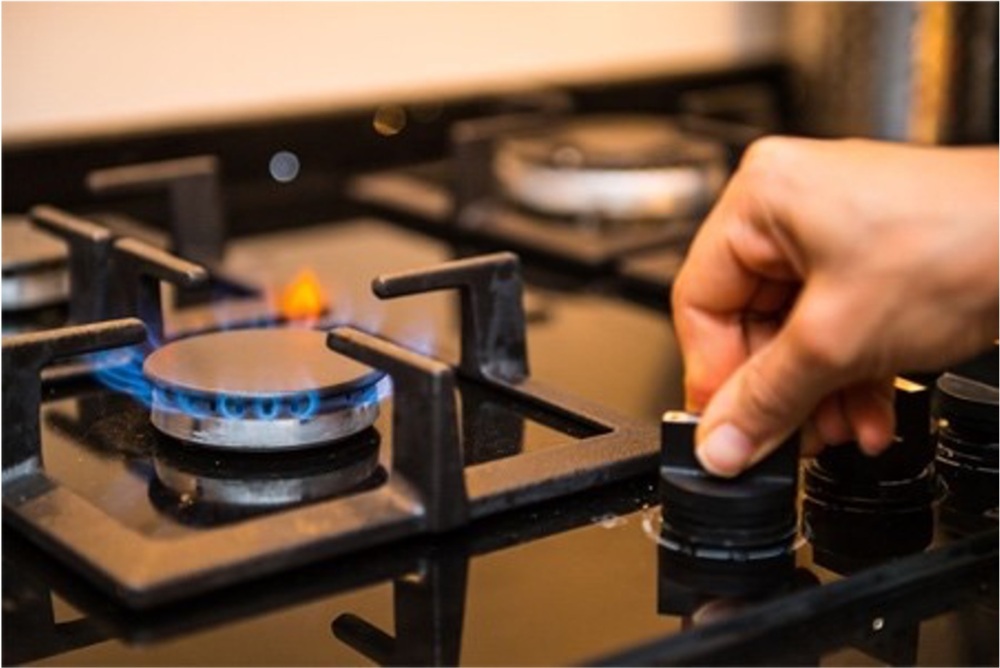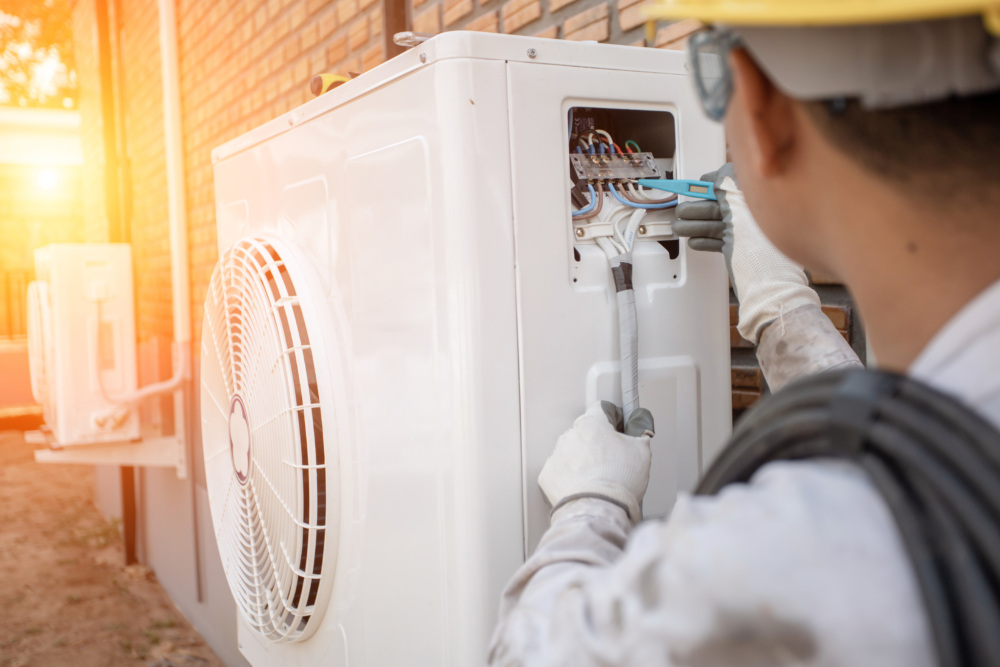National Cooking Trends from Six European Countries: Insights and Policy Recommendations
CLASP’s research on cooking trends in six European countries shows how governments can speed up the transition to cleaner, healthier electric cooking.
Despite advancements in electric cooking technologies, millions of households across Europe still rely on gas for cooking. Gas cooking appliances contribute to high levels of indoor air pollution and pose substantial health, environmental, and economic challenges.
CLASP’s has produced incisive factsheets on gas cooking trends in six countries. These provide insights and policy recommendations, covering consumer trends, as well as health, environmental, and cost concerns in these countries:
The Risks and the Solutions
CLASP’s research reveals elevated levels of NO2 in homes using gas stoves and ovens compared to those using electric alternatives. These levels exceed benchmarks set by World Health Organization guidelines and European Union (EU) and United Kingdom (UK) limits for outdoor air pollution.
- Health Impacts: Exposure to high levels of pollution is known to cause strokes, heart disease, lung cancer, and both chronic and acute respiratory diseases, including asthma.
- Climate Change: Gas cooking contradicts net-zero and emissions reduction targets, highlighting the need to transition to electric alternatives. The reliance on fossil fuels for domestic cooking contributes to indoor air pollution and greenhouse gas emissions, undermining efforts to mitigate the impacts of climate change.
- Consumer Trends: Despite health and environmental concerns, many consumers remain unaware of the risks of gas cooking.
- Cost Considerations: Gas cooking masks significant societal costs. While gas appliances may offer initial cost savings in some cases, the hidden costs associated with indoor air pollution, such as healthcare expenses and environmental impacts, outweigh any apparent economic benefits.
- Policy Recommendations and Regulatory Measures: In the EU and the UK, Ecodesign and Energy Labelling policies provide opportunities to advance energy-efficient and healthier electric alternatives. At the national level, governments can accelerate the transition to electric cooking through electricity tariff reforms, targeted subsidies, awareness campaigns, and holistic support. Incentives and financial assistance programs can encourage households to adopt electric cooking technologies, facilitating a shift towards cleaner and more sustainable cooking practices.
For more information on the topic, visit https://www.clasp.ngo/cook-cleaner-europe/.









